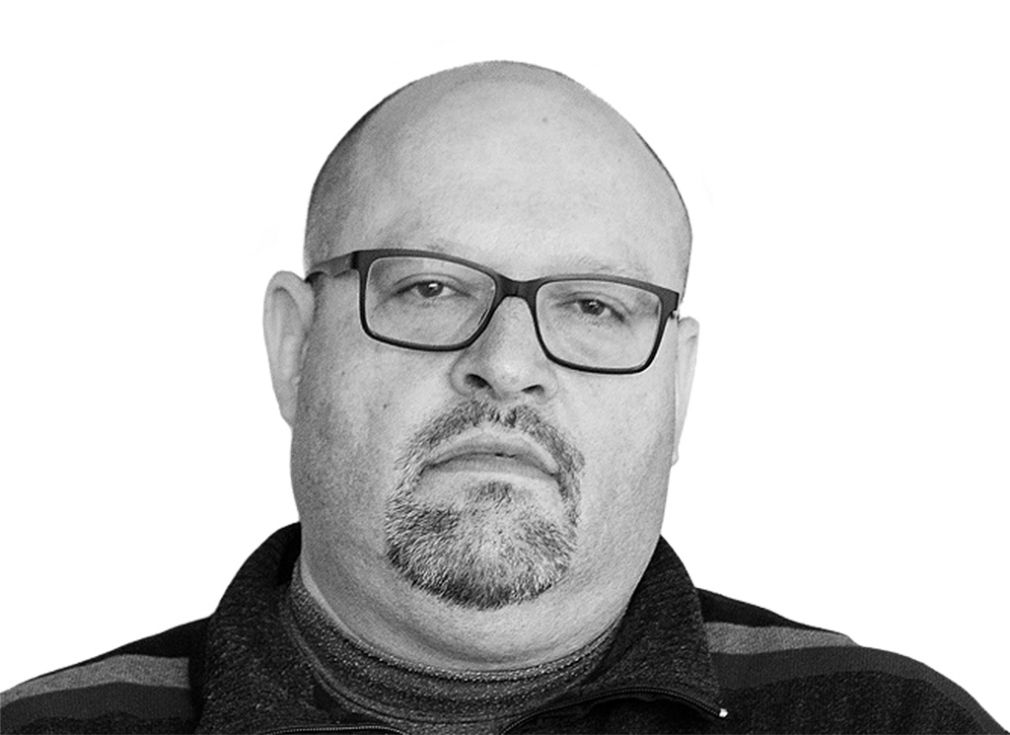By: Dr. Matevž Tomšič
Every time a political option comes to power in Slovenia that does not swear by leftist postulates and – more importantly – is not an exponent of transition centres, power with roots in the structures of the former regime, it becomes obvious how ideologically impregnated and politically instrumentalised key social subsystems are. Namely, cells within formal institutions and outside them are always activated with the aim of destabilising and ultimately overthrowing this government.
This became apparent every time Janez Janša took over the leadership of the government. In 2004, this happened with a lag, which was largely due to disorganisation and disorientation in the ranks of the hitherto dominant LDS party. In 2012 and 2020, however, this happened immediately. Let us remember that demonstrations were organised against Janša’s government last year, even before the government started their mandate. Even before it made its first concrete decisions, it was hastily accused of violating human rights, subordinating the media and civil society, in short, of introducing a dictatorship. And paradoxically, the same media outlets that the government is alleged to have intimidated have been intensely involved in spreading these accusations and promoting their protagonists.
Who would deny that all this is primarily an antipathy to the president of the largest government party SDS, Janez Janša. The latter is undoubtedly a person who binds to himself strong but very contradictory sentiments, from unconditional devotion to utter rejection. At the same time, he has been systematically demonised for decades. So it is pretty easy to “scare” with him. However, it is naïve to think that this is just a personal moment. We are dealing with a struggle for power, money, influence. Anyone, regardless of personality traits and party affiliation, who would jeopardise the existing status quo would receive similar treatment.
The transitional left, which was in power for most of the post-communist period, managed to establish a very diversified network covering all key social areas, from the state apparatus (justice, police, secret services) to financial organisations, media, education, culture, civil society. It has done this by setting up people to key positions, capital connections and abundant government funding. In this way, it has achieved that state institutions, especially the judiciary and law enforcement agencies, often treat perpetrators of individual acts in a selective manner according to their political pedigrees. Similarly, the dominant media use double standards in judging the actions of members of both political options. Together with the work of cultural and educational institutions as well as civil society, they carry out indoctrination to maintain ideological hegemony. And there are always many “independent” experts and “socially critical” intellectuals at hand to offer such explanations of social events that are tailored to the transitional left.
This activist network is largely funded by taxpayers’ money. Either directly or indirectly. It is maintained through a large public sector, where employment in many places is based on political loyalty or ideological orthodoxy. And it is powered through (para)state funding of various so-called NGOs which formal activity – be it environmental organisations, cultural associations or trade unions – is often just a disguise to promote leftist ideas and support the actions of the political left. And in return for the financial support, this clientele is expected to activate whenever that is in the interest of its “sponsors”.
The current government poses a great threat to the existence of this network. The cessation of state funding would mean that the circle of active supporters of the left option would be greatly reduced. This would also irreversibly weaken the influence of the “kidnappers of the state”.
Matevž Tomšič is a sociologist, university lecturer and publicist. Since 2008 he has been teaching and researching at the Faculty of Applied Social Studies in Nova Gorica. In addition, he is also engaged at the Faculty of Information Studies in Novo mesto and at the Faculty of Media in Ljubljana. He is also a collaborator of the Study Center for National Reconciliation and president of the Association of Journalists and Publicists.
